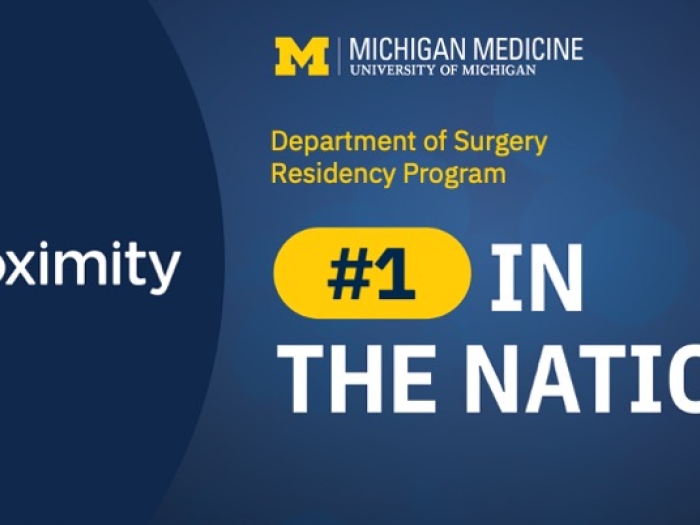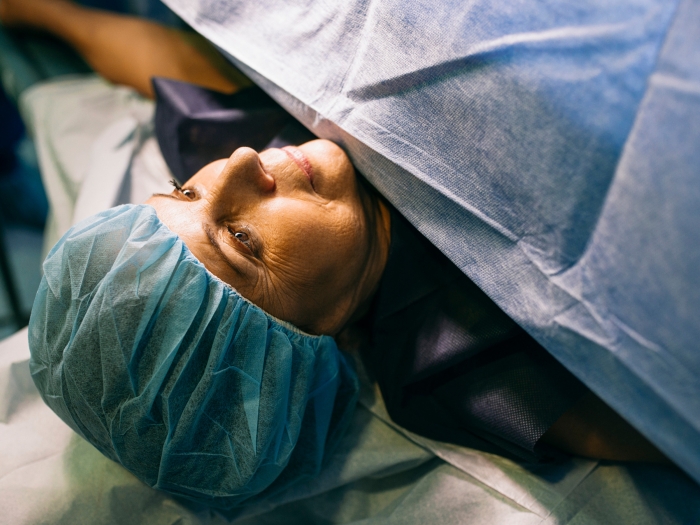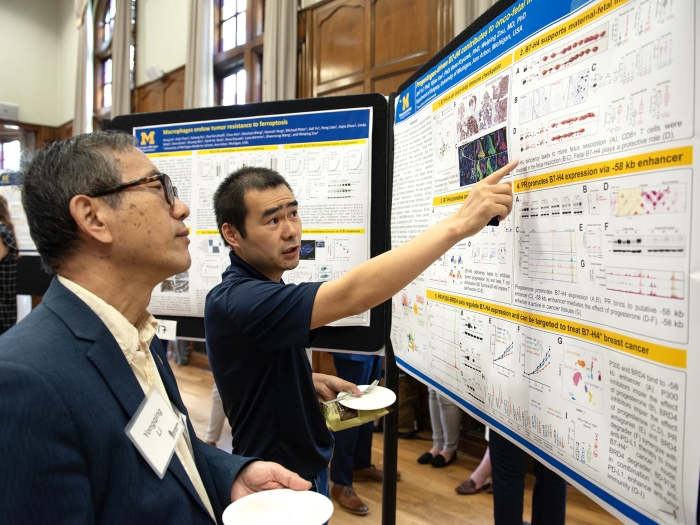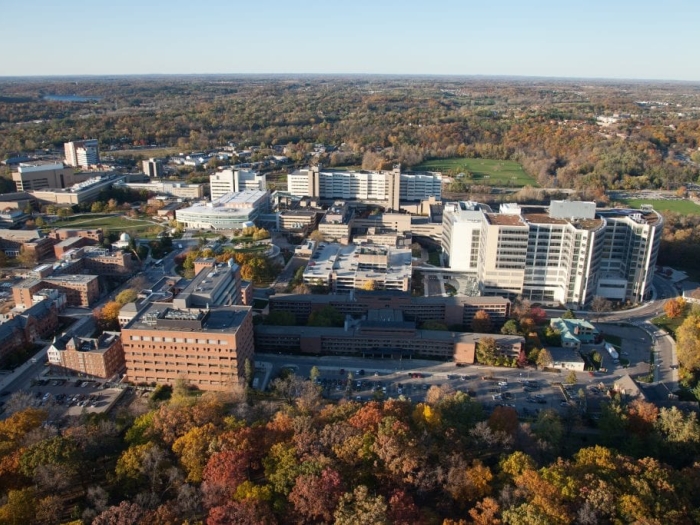
The U-M Medical School Section of Thoracic Surgery training programs provide broad clinical experience, the deep resources of a top academic medical center and instruction by talented and dedicated surgeon educators for prospective thoracic surgeons.
Here, you'll be able to take charge of your career with personalized programs for clinician and instructor paths. You'll find dedicated instructors, mentors and opportunities to dive deep into all aspects of thoracic surgery.
Our training programs provide the thoracic surgical trainee with:
- Tailored options: In addition to the 6-year integrated cardiothoracic surgery residency program and 2-year traditional fellowship, we also offer a 1-year advanced practice thoracic surgery fellowship option, where fellows gain additional focus and clinical experience in general thoracic, adult cardiac or thoracic transplant surgery.
- Expertise in all aspects of thoracic surgery: With experience and excellent case volume in adult cardiac surgery, general thoracic surgery, and congenital cardiac surgery, we offer balance paired with the opportunities to specialize in any of those fields.
- Faculty invested in teaching and learning: We emphasize a “train the trainer” approach in our education programs, preparing residents and fellows to be excellent clinicians as well as excellent instructors themselves. Whether you go on to academic medicine or private practice, our graduates are prepared to lead in the field with a comprehensive understanding of the specialty.
Thoracic surgery education programs at the University of Michigan Medical School begin at the undergraduate level and extend to professional development for peers and colleagues.
Undergraduate students can learn more about careers in thoracic surgery through shadowing opportunities coordinated by the SCRUBS and MShadow. Dr. Jules Lin, MD, and Dr. Rishindra M. Reddy, MD, coordinate our shadowing opportunities in the section. Undergraduates are also welcome to pursue research projects as part of the Undergraduate Research Opportunity (UROP).
Thoracic surgery offers a competitive M4 sub-internship, as well as opportunities to join section faculty for research projects. Medical students have contributed to projects that resulted in peer-reviewed publications.
We offer training in the da Vinci robotic surgery platform to colleagues who seek to develop their skills in robotic surgery equipment and techniques, many of which we foresee will replace other modes of minimally invasive surgery in the next 10 years.
The Department of Surgery Section of Thoracic Surgery and the Department of Cardiac Surgery at U-M Medical School partner together to offer a 6-year integrated thoracic surgery residency program and a 2-year traditional thoracic surgery fellowship, in addition to a 2-year congenital cardiac surgery fellowship. The Department of Surgery Section of Thoracic Surgery also participates in training general surgery residents during their 3rd and 5th clinical years.
Residents and fellows will find a collegial environment with a high volume of challenging and diverse cases at U-M Medical School. Our alumni frequently go on to take leadership roles in the profession.
Learn more about our integrated programs with the Department of Cardiac Surgery
Learn about clinical experience, research opportunities and life in Ann Arbor for the thoracic surgery residency and fellowship programs.
Discover the spaces where you'll train, learn and practice at the University of Michigan Medical School Department of Surgery. As one of the largest training programs in the country, we provide unparalleled opportunities for our learners. Explore the clinical, work and common areas where you’ll train and grow as a physician.





